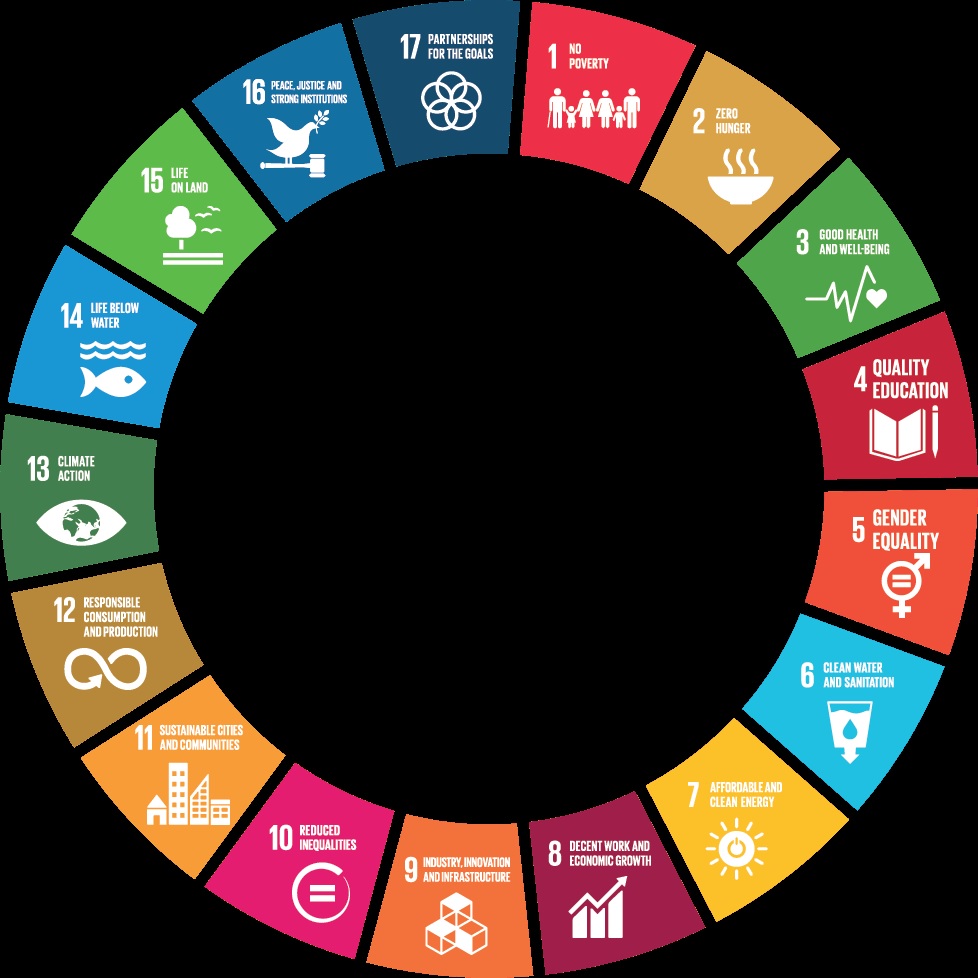
Despite its immense and indispensable role, Ethiopia has not yet adequately benefitted from the role of the private sector in realizing the Sustainable Development Goals (SDGs). Scholars and experts have forwarded suggestion that, the government needs to work jointly with the private sector to realize the SDGs in Ethiopia.
The private sector is critical as a source of tax base, job creation, technology and will thus play important role in filling the funding gaps for SDGs implementation in developing countries, which by some estimates stand at 2.5 trillion dollars.
Addis Ababa Chamber of Commerce and Sectoral Associations (AACCSA) President Mesenbet Shenkute for her part said that private investment and innovation are major drivers of productivity, inclusive economic growth and job creation.
Thus, the private sector needs to be an engine to fund the sustainable development agenda. The sustainable development agenda must no longer be peripheral to our business models and actions. This agenda must be at the very core of our collective responses based on fairness and justice to building a globalized world, she noted.
Atlaw Alemu, lecturer at Addis Ababa University told The Ethiopian Herald that the private sector should actively involve mainly in environmental protection, economic growth, and social affairs to ensure sustainable development goals of Ethiopia.
According to Atlaw, to realize the SDGs Ethiopia should strive more especially, to avoid bureaucratic system, give adequate protection for the private sector, provide skilled human resource in governmental offices, infrastructures, and reduce corruption among others.
Mekonen Hailu, Public Relation Director at Ethiopian Investment Commission said that the private sector is expected to play crucial role in order to ensure sustainable development in a given nation.
They can play meaningful role in all of the 17 elements of the SDGs, but creating job opportunity and economic growth, expanding industries and innovation along with building infrastructure should be given priority.
As to him, Ethiopia has wasted many years without benefiting from the sector appropriately as the government has not opened the chance which simply means monopolizing the market. Currently, the country has many progress as the government
has opened the chance that motivates the private sector. Accordingly, various international companies like VODAFON and MTN have shown interest to participate in Ethiopia.
Particularly, the present premier has eyed on ease of doing business and taking away that amending the investment law are playing decisive role to inspire foreign private capable companies to Ethiopia.
Through its involvement, the private sector has its own role to help the ongoing reform, progress and the like especially it helps to reduce government expenditure for infrastructure.
On the other hand, after this remarkable action, the country has improved 40 ranks through foreign direct investment recently.
To ensure sustainability of this remarkable action, it needs the participation of private sectors as they assume that as owner’s manner. Since the private sector has the financial capacity, knowledge and experience, it can help to expand industrialization, create job opportunity, introduce new technology, increase export items and maximize income generation to the nation.
According to Mekonen, the private sector should be responsible to abide by the country’s laws and serve peoples interest to ensure mutual benefit.
Wondafrahu Mulugeta, lecturer at Wollega University on his part said that before opening the chance to the private sector the government needs to identify the interest of the sectors.
‘’Many reforms have taken place in Ethiopia like attempt to privatize sugar factories, telecommunication, doing business, and infrastructure among others. But it has some limitations on tax improvement, adequate land for investment, avoiding bureaucratic procedures and the likes.’’
He noted that, it is important to focus on owning technology and knowledge to ensure sustainable development for the country. In this regard, Taiwan, China, and Korea can be mentioned for their success in ensuring sustainability of their development as they gave due priority to owning their own knowledge and technology.
The Ethiopian Herald June 22/2019
BY MESERET BEHAILU and
HAILE DEMEKE





